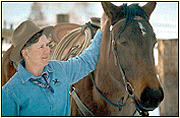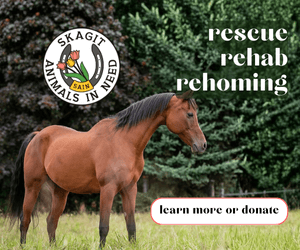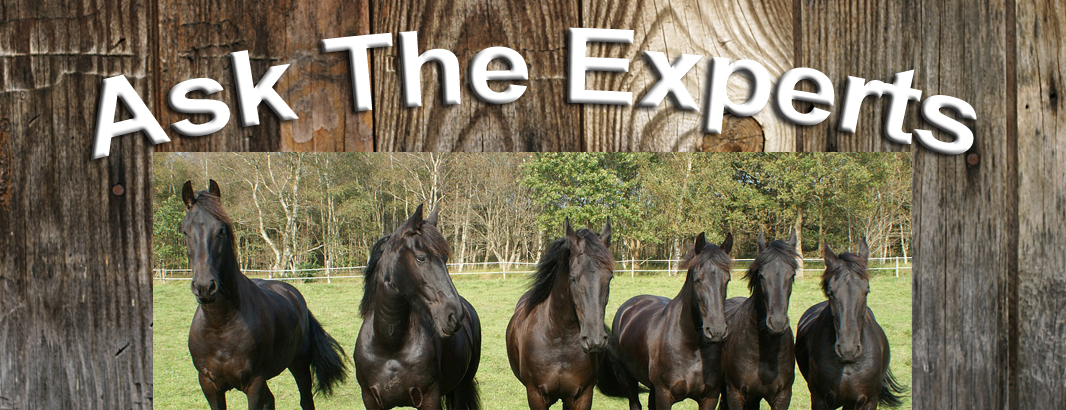Q:
I have been taking horse lessons for 9 months and have progressed quite nicely. I ride the same horse and have also leased the same horse. I went on vacation for 9 days and came back to the stable and my trainer told me the horse I’ve been riding hasn’t been acting correctly. I got on the horse and it rides straight for a fence post and tries to knock me off. My trainer gets on her and after much difficulty got the horse to respond better but not what I would call well. A month went by and the horse still does this. I am basically sitting on a horse next to a fence post for an hour. I really can’t afford to pay money and sit next to a post for a hour. So I took a break from riding which has really depressed me. What should I do?
Stephen
A:
Stephen,
First, I am happy to hear of your enjoyment with horses and your commitment to furthering your education through taking lessons. I hope you can continue to find this joy in what horses have to give each of us.
Regarding the situation with your current schooling horse and its apparent desire to rub you off by heading for the nearest fence post, I have a couple of words of consideration:
1) I rarely find the horses act out of negative intentions, spite, revenge or to hurt the human with intention. Rather, they are usually trying to tell us something that we just aren’t quite seeing or feeling. With this in mind we kind of have to act as a detective to figure out what the message really is and then look to possible solutions. We need to investigate the potential cause before we can seek a cure.
2) With this in mind, here are some questions you might ask the horse and the owner:
- When you went on vacation, did anything happen with the horse? An injury? Someone else riding them that might have had a different philosophy about how to treat and work WITH the horse? Any changes in feed and/or environment?
3) With answers to these questions you could move forward in your detective work and see if you can present some alternatives to horse to set it up so that being WITH you and more comfortable than standing by the fence post. These might include:
- If there was an injury or even if there are no visible signs of injury, look to see what might be causing pain. Perhaps engaging a horse chiropractor or message therapist could tell you a lot about what might be hurting and how to set it right or relieve the pain.
- If there was an experience that happened while you were gone that involved another rider, try to find out what might have happened. Talk to the owner and make sure your desire to build a relationship with this horse and also in his/her desires. Make sure that your philosophy matches the owners. If not, find another place to take lessons!
- If there has been a change in feed or environment, discuss it with the owner. Often times we don’t give enough credence to how a small change can make a big different in attitude of the horse.
- Finally, when you have investigated all these factors, look towards coming up with a game plan for how you can set it up to make the wrong thing (i.e. heading for the fence post to rub you off) difficult, and the right thing (i.e. being with you and following your suggestions) easy/comfortable. Tactics to accomplish this might include: Make the fence post an uncomfortable place by working the feet, doing small circles, turn on haunch/forehand, leg yields/halfpass. Once you have worked the feet, try to stop away from the fence post, even if it is only a few feet away the first couple of times, and rest and reward the horse. Reward can be through lack of movement, relaxation, a nice rub from you and even a tasty treat in the beginning to reinforce the reward aspect. Gradually make the stop where rest, release, and reward comes further away from the fence post.
Stephen, I hope this gives you a few ideas to pursue. Continue to seek balance…with the horse, in yourself, and in your world.
Onward.
Alice Trindle, T&T Horsemanship
Tnthorsemanship.com

Alice was born on a ranch in eastern Oregon, the only daughter in a family of five brothers. She learned to ride behind the back of the saddle holding on to her brother’s belt loops. In the past 15 years Alice has studied with horsemen such as Tom Dorrance, Ray Hun, Dennis Reis, and Bettina Drummon. Her focus is on building a balanced relationship, applying Classical Dressage and Traditional Vaquero principles, via multi-day horsemanship retreats at her ranch in eastern OR.






